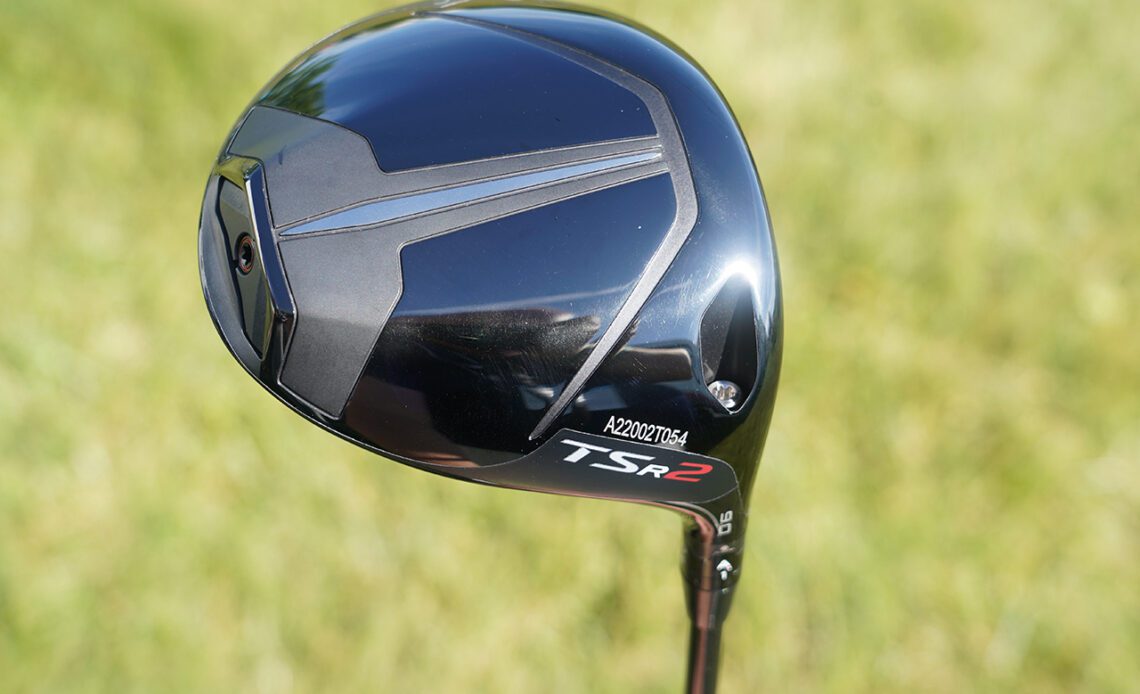Gear: Titleist TSR2, TSR3, TSR4 drivers
Price: $599 each with Project X HZRDUS Red CB, Project X HZRDUS Black 4G, Mitsubishi Tensei AV Blue or Mitsubishi Tensei 1K Black shaft and Golf Pride Tour Velvet 360 grip.
Available: September 23
Who it’s for: Golfers who want a classic-looking driver that has an aerodynamic shape and model options that include a point-and-shoot bomber, a club with draw and fade adjustability and a low-spin club for players looking for a more-piercing shot.
The Skinny: At address, the TSR drivers are classic Titleist, but each club is designed to meet the needs of different players while delivering more ball speed. The TSR2 maximizes forgiveness, the TSR3 has a moveable weight to encourage different ball flights and the TSR4 has two adjustable weights to increase or decrease the spin rate and launch angle.
The Deep Dive: Six years ago Titleist went on a quest for speed. Best known as the maker of the Pro V1 and Pro V1x balls, Titleist had plenty of drivers in play on the PGA Tour and LPGA, and it sold a lot of clubs to recreational golfers too, but they did not have a reputation for producing the fastest ball speeds off the tee. Titleist tried to change that perception starting with the TS series and then the TSi family of drivers.
Then, a day after Matt Fitzpatrick used a Titleist TSi3 driver to win the 2022 U.S. Open, the company brought the TSR series to the PGA Tour for the first time at the Travelers Championship.
TS has stood for “Titleist Speed,” and the added R in the new lineup stands for redefined. With the TSR2, TSR3 and TSR4, the company’s engineers have tried to make clubs that move faster through the air and that feature a larger sweetspot, so golfers can not only get better performance on center-struck shots but on mis-hits too. There are several similarities between the clubs, but they are each designed for different types of golfers.
TSR2: Maximum speed and stability
Titleist TSR driver. (David Dusek/Golfweek)
Specs: 460-cubic-centimeter volume with an all-titanium body and head. Available in 8-, 9-, 10- and 11-degree versions. 45.5 inches in length with a 58.5-degree lie angle
This model has undergone the most significant change compared to the club it replaces, the TSi2. The TSR2 has a different shape because Titleist heard, from both tour players and recreational golfers alike, that TSi2 looked too big in the address position, and its straight topline…
..
Click Here to Read the Full Original Article at Golfweek…
